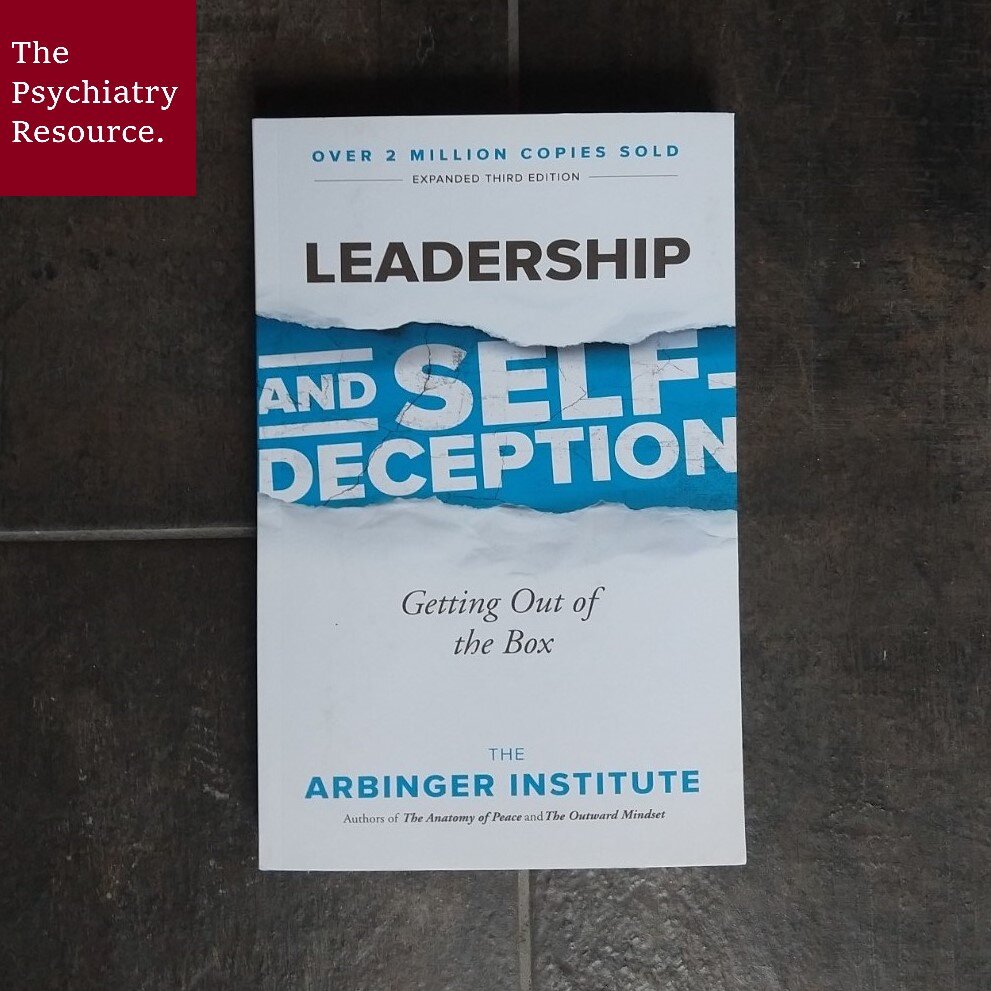Book Review – Leadership and Self-Deception: Getting Out of the Box
Image: Leadership and Self-Deception by Len Lantz (CC BY-NC-ND)
Synopsis: Len's Star Rating: 10 out of 10. One of the best books on leadership.
BY LEN LANTZ, MD / 1.1.2020; No. 1
Disclaimer: Yes, I am a physician, but I’m not your doctor and this article does not create a doctor-patient relationship. This article is for educational purposes and should not be seen as medical advice. You should consult with your physician before you rely on this information. This post also contains affiliate links. Please click this LINK for the full disclaimer.
Star Rating – 10 out of 10
Rating guide: 1 = horrible, 5 = average and 10 = wow
Author(s)
The Arbinger Institute
About the author(s)
Little is known about the author as no single author is listed, however, Dr. C. Terry Warner founded The Arbinger Institute and has a Ph.D. in Philosophy from Yale.
General description
This leadership book is written in a strange way, almost like a fictional story about someone on the receiving end of a group intervention, but it gets the main points of leadership across to the reader. Leadership and Self-Deception was first given to me by one of my best friends, and to this day it remains my favorite book on leadership. Since 2013, I have purchased and given away 36 copies of this book. I have given it to friends, relatives, other doctors, patients and medical students.
Leadership and Self-Deception is a popular and influential book on leadership. As a psychiatrist, I noticed that it is infused with approaches commonly used in cognitive behavioral therapy to help people become better leaders by recognizing their own – and dealing with others’ – maladaptive thoughts and behaviors.
Unique and most important aspects
This book is a quick and easy read, yet the ideas it contains are powerful. Its focus is on relationships, so you can apply what you learn to your personal and work life. Because it is written as a story but is about the concept of leadership, it shakes up the schema of the reader and likely opens them up more to understanding or agreeing with the ideas. When applied throughout an organization, the principles of Leadership and Self-Deception can result in positive, transformative change in workplace culture. Important ideas from this book:
Treat people as people, not as objects
Be understanding of others who are ‘in the box’, which is thinking and behaving in a maladaptive way
Use effective strategies when dealing with someone who is in the box
Everyone (this includes you) is in the box at some point
When you are in the box, you likely are engaging in self-deception (thoughts), which leads to the problem of self-betrayal (actions)
Best quote
“‘Think about it,’ Lou replied. ‘As I sat there regretting how I’d acted toward my wife, my son, and my coworkers, what were they to me? In that moment, was I seeing them as people or as objects?’
‘In that moment, they were people to you,’ I said, my voice trailing off in thought.
‘Yes. My blame, resentment, and indifference were gone. I was seeing them as they were, and I was regretting having treated them as less than that. So in that moment, where was I?’
‘You were out of the box,’ I said softly…”
Who would enjoy this book?
Most adults with a 6th grade and above reading level.
Who would not enjoy this book?
Some people may struggle with the book being written as a story. It may be hard for them to take the book seriously, especially if they take themselves too seriously. Kids also may not connect with this book as it is written from an adult perspective.
Conclusion
This is an excellent, quick read. You will think about this book after you have finished it. Takeaway points from Leadership and Self-Deception can be applied by the reader to improve relationships at home and work, especially in team-based settings.

